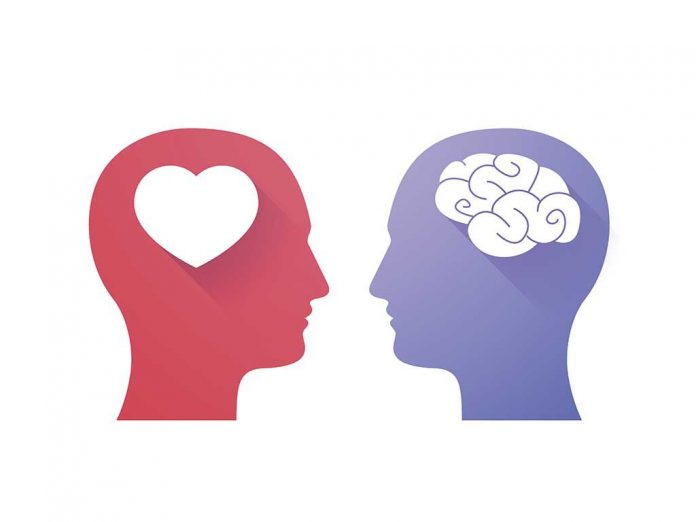Introduction
In the realm of politics, where hearts and minds are the ultimate battleground, the art of persuasion and influence plays a pivotal role. Effective political campaigns are not just about policy proposals; they’re about appealing to the emotions, beliefs, and values of voters. Behind every successful campaign lies a deep understanding of human psychology and the intricate ways it shapes decision-making. In this blog, we delve into the psychology behind effective political campaigns, unveiling the strategies that resonate with voters and lead to victory.
Understanding the Psychological Landscape
- Emotional Resonance: Emotions are a powerful driving force in decision-making. Successful campaigns evoke emotions that forge a connection between the candidate and the voters. Whether it’s hope, fear, empathy, or pride, tapping into the emotional spectrum can leave a lasting impact.
- Cognitive Biases: Human minds are susceptible to cognitive biases, leading to irrational judgments. Campaigns utilize these biases, such as confirmation bias (favoring information that aligns with preexisting beliefs) and framing (presenting an issue in a certain way), to shape voter perceptions.
- Social Identity Theory: People derive a sense of identity from groups they belong to. Effective campaigns leverage this by aligning the candidate’s values with the identity of their target demographic, thereby creating a sense of belonging and loyalty.
Psychological Strategies in Political Campaigns
- Narrative Building: Humans are wired for stories. Crafting a compelling narrative around the candidate’s journey, values, and struggles resonates with voters on a personal level. Narratives create emotional connections that facts and figures often fail to achieve.
- Fear and Hope: Fear and hope are two of the most potent emotions. While fear can motivate action to avoid perceived threats, hope inspires positive change. Skillful campaigns strike a balance between these emotions to encourage both urgency and aspiration.
- Social Proof: People tend to follow the actions of others. Demonstrating public support, endorsements from influential figures, and showcasing a growing base can influence undecided voters to align with the candidate perceived as popular.
- Reciprocity and Commitment: The principle of reciprocity states that people are more likely to respond positively if they’ve received something first. Campaigns employ this by offering value, such as informative content, to voters before asking for their support. Additionally, once people commit to a small action (like signing a petition), they’re more likely to continue supporting the cause.
Navigating Ethical Considerations
While understanding psychological triggers can be a powerful tool, campaigns must navigate ethical boundaries. Manipulation, misinformation, and exploiting vulnerabilities should be avoided. Respecting the autonomy of voters and engaging in honest communication are essential for maintaining trust and credibility.
Conclusion
Political campaigns that effectively understand and harness the psychology of voters hold the key to winning hearts and minds. By tapping into emotions, biases, and the human need for connection, these campaigns create resonant messages that transcend the realm of policy proposals. However, with great power comes great responsibility; ethical considerations must guide the application of psychological strategies. In a landscape where perception and sentiment drive political decisions, the marriage of political strategy and psychological insight can shape the destiny of nations and the course of history.

